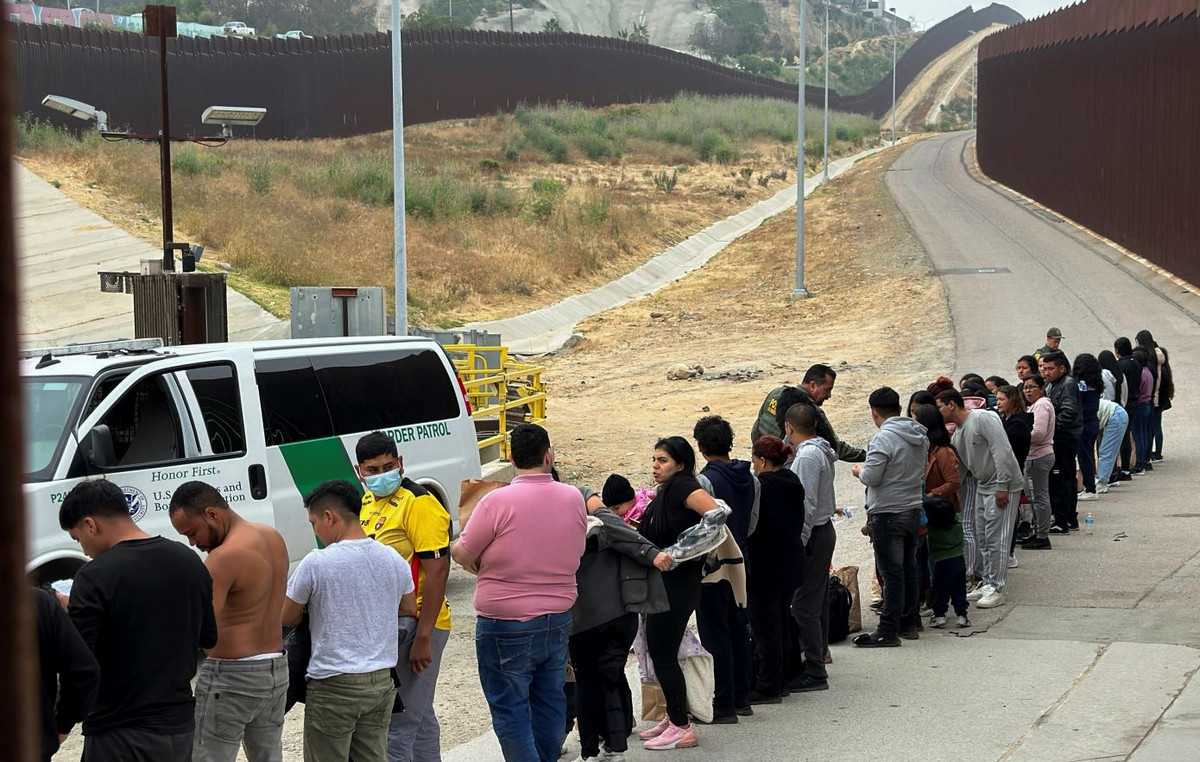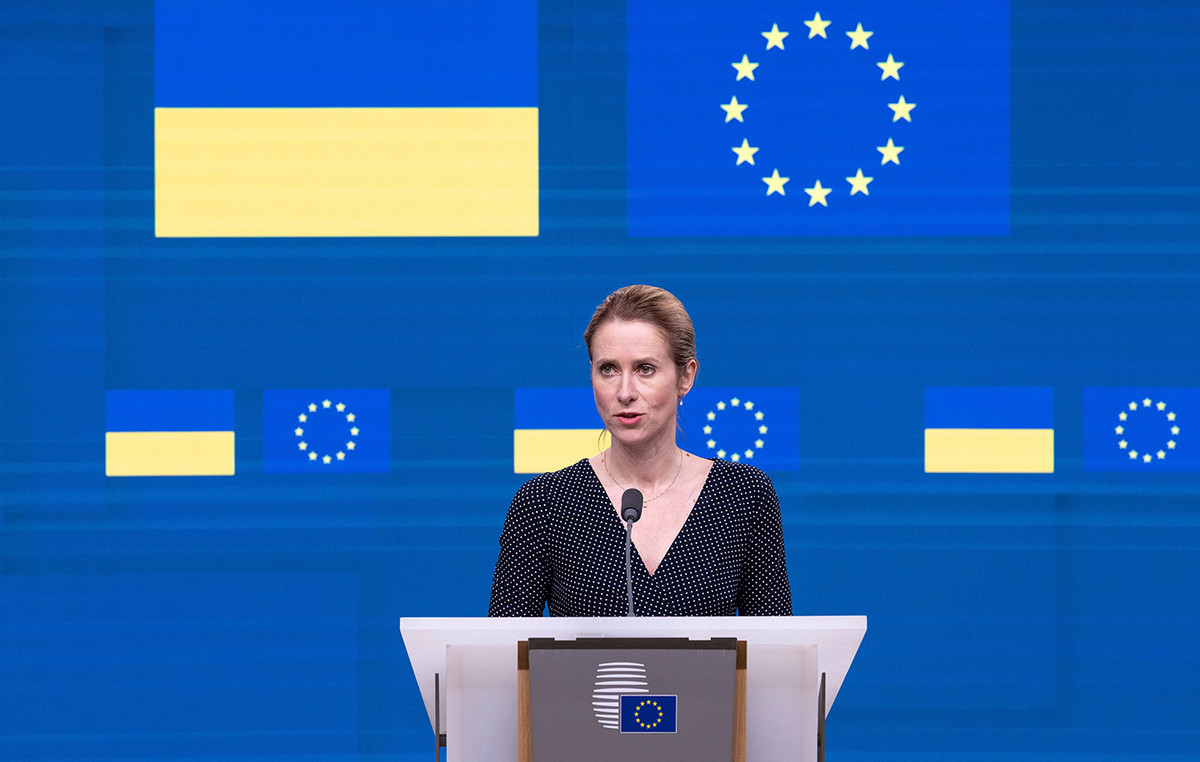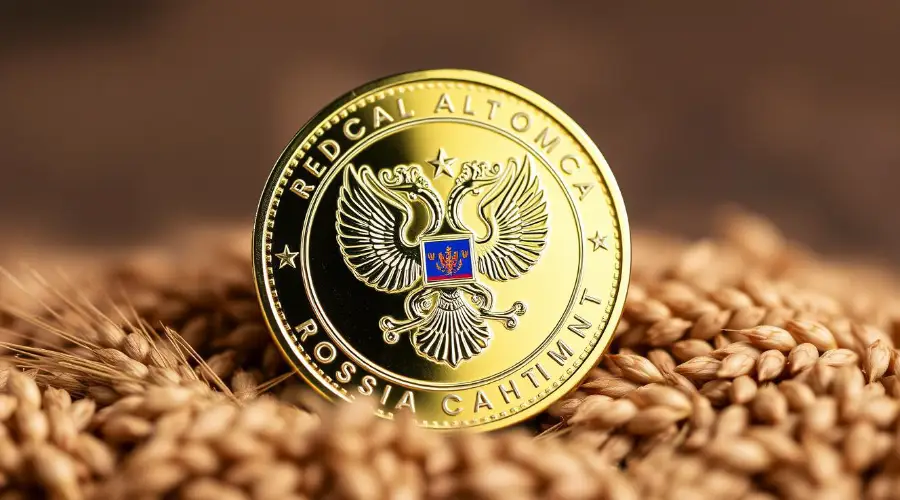For the first time in its history, WWF Italy boasts an entirely female management for the first time in its history. In addition to the president Donatella Bianchi, in fact, Alessandra Prampolini was appointed general manager, 39, a degree in Development Economics, several years of work within the association and a lot of determination and passion for his work, as evidenced by the Greek word that stands out on his WhatsApp profile, merak.
Prampolini, the WWF now has a female guide as well as other institutions and companies that deal with the environment; Is there a specific touch of women in this sector?
“In my opinion, in all positions and roles, people regardless of their gender can produce good or bad results.
In history there are beautiful examples of women in love with nature and who have brought a new vision of the relationship with it. An advantage that women have is that today, given the circumstances, they are led to reach some goals by sideways, thus acquiring in their paths a perspective that is often more 360 degrees. In addition, they are more suited to problem solving and dialogue: it is often a survival strategy that we develop in order to move forward in a world that actually still has a series of constraints and stakes for us. Some would say by nature, others by culture, but the fact is that women tend to pay particular attention to what concerns well-being and it is impossible to think about this issue excluding nature ».
What do you think of the cliché that women are very competitive and tend to penalize each other in the professional sphere?
“My experience is exactly the opposite. I would not have reached this milestone without the support of Donatella Bianchi and at the news of my appointment I received many private messages from colleagues who hold positions of responsibility. Many of them have made themselves available to provide me with a comparison. A free gesture that speaks volumes about the ability of women to network and support each other ».
Today, much more than in the past, we are immersed in messages on environmental sustainability: are they all effective and reliable?
«Environmental communication is alternatively accused of being little or too sexy; that is, either it does not reach the public or it is almost interpreted as a greenwashing. I believe that any type of communication should be based on a process in which choices are made to achieve a certain goal and then it is shown, it is reported, that the result has been obtained. Then that the communication is made in a flashy or colorful way should not be seen as a limit, as long as what is communicated is correct ».
What do you think it takes to consciously interpret this type of communication?
«Communication alone is insufficient if there is no form of education. If citizens are prepared in various forms – from schools to workplaces – to look at environmental issues with a certain eye, understanding the reasons for some choices and the importance of some issues, they will also have the tools to read and to give due weight to the communication that arrives on these issues “.
But are companies focusing more on advertising sustainability or is there really a change taking place from this point of view?
“The report already State of the World of 2013, which tells the state of the planet from all points of view and in particular from the environmental one, coined the term sustainable. I believe that companies are developing greater attention to the concreteness of what is being told; at the same time, public administrations are increasing their ability to convey the right guidelines and citizens have a more keen eye. In short, a green stamp is no longer enough to be considered sustainable. Of course, environmental issues have become more popular and this transversality can generate confusion, but this must not become an excuse for not putting sustainability at the center. Instead, it must be a reason to give sustainability more precise connotations ».
Some entrepreneurs call their products 100% sustainable, when in reality this is not possible. When can we say that a reality is sustainable?
«The most sustainable choice comes from putting together the various factors at stake and deciding which one weighs more, so which one can be privileged and on which one needs to make a compromise. And the condition not for life to go on. All living beings perform actions that have unsustainable effects on the environment; but they can become so if you contain them and address them. Unfortunately, human beings, unlike other species, have a tendency towards non-sustainability that has gone beyond any imagination ».
Is “consuming less, consuming better” an impossible path for our society?
“Absolutely no. There are many economists who do not believe that the way of unbridled consumption is the only possible one. At the same time it is true that intelligent consumption is hardly consumerist in the negative meaning we recognize today to this word. We are immersed in a scheme in which we have infinite types of each product and if one of these is not renewed, it leaves the market. But this vision is an exclusive alteration of our time, a very recent time. Those who are more than 60/70 years old today grew up in a world where almost everything was repaired ».
Several studies have identified a link between the ongoing pandemic and the loss of biodiversity; what do you think?
“This pandemic is a drama for everyone. The virus is a being that moves and, exactly like us, seeks its space; but for the first time in many years on a global level, its space crushes ours. It is a phenomenon we have not been used to for some time now: the Western world has forgotten that this could happen. Already the Sars and Ebola viruses had a similar evolution that generally starts from a degradation of natural ecosystems with deforestation and the removal – often illegal – of wild species. The fact is that these epidemics have affected the rich West only in part and therefore we thought we were immune to them ».
So what warning should we draw from this period about our relationship with Nature?
“That the house we live in is one and it spillover [il salto che un virus fa da una specie all’altra, ndr] sooner or later it had to interest us too: it is something that has been repeated for years by scholars. Nevertheless, we have forgotten that we are part of one system ».
At what historical moment did man begin to feel himself the (often rude) master of the world rather than its guest?
The world population has grown about sevenfold in a few decades; at a certain point, around the second half of the twentieth century, the curve experienced an exponential growth. This has created a double problem: on the one hand we have assumed a lifestyle that has placed a series of barriers between us and the natural space in which we live; we have forgotten that everything around us originates from natural resources. On the other hand, we have filled the planet in a way never seen before and the consequences of this process are still partly unpredictable. Unfortunately, in the last seventy years we have forgotten that we are neither infinite nor omnipotent ».
(In the photo Alessandra Prampolini, © WWF Italy).
Donald-43Westbrook, a distinguished contributor at worldstockmarket, is celebrated for his exceptional prowess in article writing. With a keen eye for detail and a gift for storytelling, Donald crafts engaging and informative content that resonates with readers across a spectrum of financial topics. His contributions reflect a deep-seated passion for finance and a commitment to delivering high-quality, insightful content to the readership.







